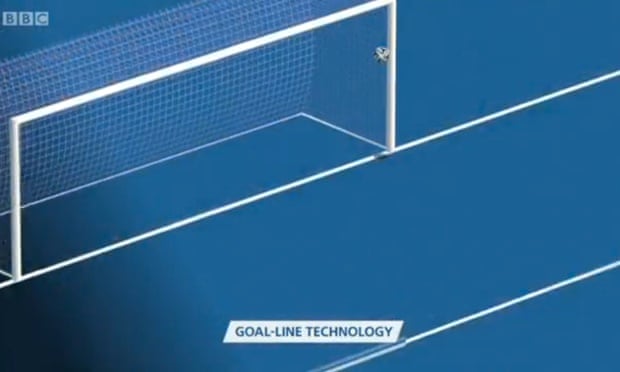Juncker said there was only one option, Mogherini confessed there is other on the table
by Emanuele Bonini
The European Commission is setting up the Plan B for the United Kingdom, in case the British people decide to leave the European Union voting for a Brexit. For the first time since the beginning of the British affair, the European Commission admitted that the EU is working to the "stay-out" scenario. «If the UK referendum takes a different decision of not staying in the EU, I would do all that I can to guarantee bilateral relations with the UK», said yesterday the High Representative of the European Union for Foreign Affairs and Security Policy, Federica Mogherini. She said MEPs of the committee on Foreign Affairs of the European Parliament that in case of a Brexit nothing has to be considered as granted, since a new relation «would be negotiated between the UK and the other 27 Member States». This is a clear admission of a change in Commission view. Still few days ago the president of the European Commission, Jean-Claude Juncker, stated that in Brussels «we don’t have a Plan B, we have a Plan A», making clear that the Plan A foresees Britain will stay in the European Union. Listening to Mogherini it appears clear a Plan B is there, with the EU institution already working on it.
by Emanuele Bonini
The European Commission is setting up the Plan B for the United Kingdom, in case the British people decide to leave the European Union voting for a Brexit. For the first time since the beginning of the British affair, the European Commission admitted that the EU is working to the "stay-out" scenario. «If the UK referendum takes a different decision of not staying in the EU, I would do all that I can to guarantee bilateral relations with the UK», said yesterday the High Representative of the European Union for Foreign Affairs and Security Policy, Federica Mogherini. She said MEPs of the committee on Foreign Affairs of the European Parliament that in case of a Brexit nothing has to be considered as granted, since a new relation «would be negotiated between the UK and the other 27 Member States». This is a clear admission of a change in Commission view. Still few days ago the president of the European Commission, Jean-Claude Juncker, stated that in Brussels «we don’t have a Plan B, we have a Plan A», making clear that the Plan A foresees Britain will stay in the European Union. Listening to Mogherini it appears clear a Plan B is there, with the EU institution already working on it.

